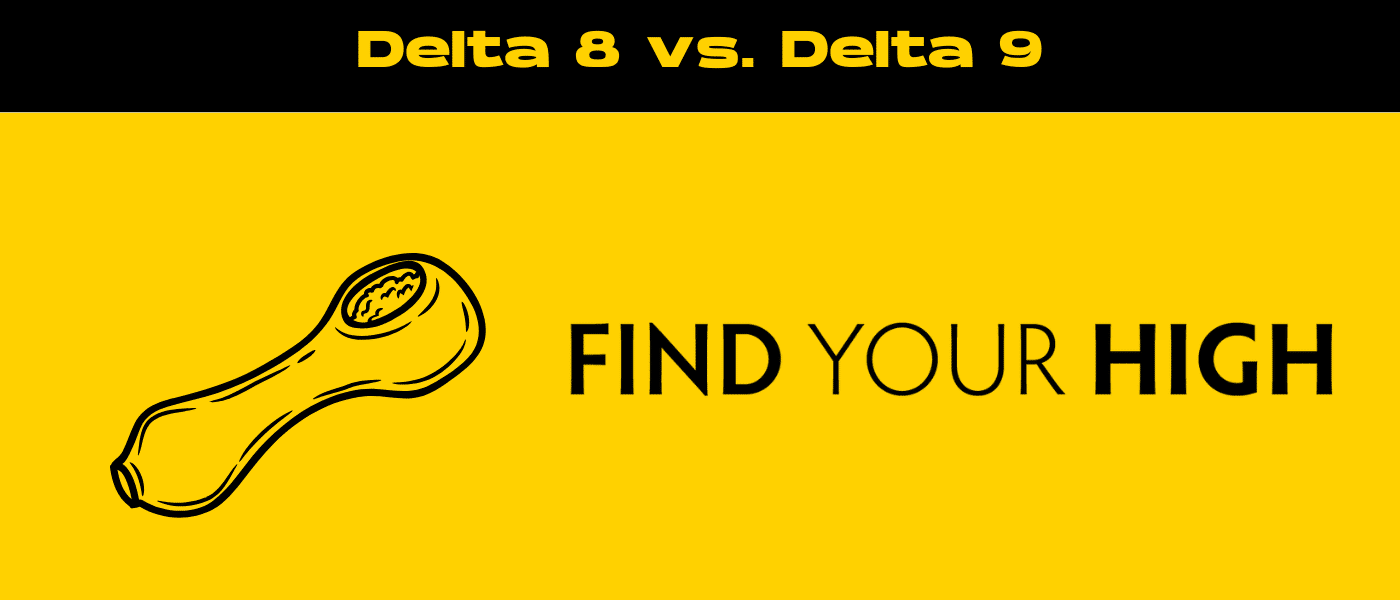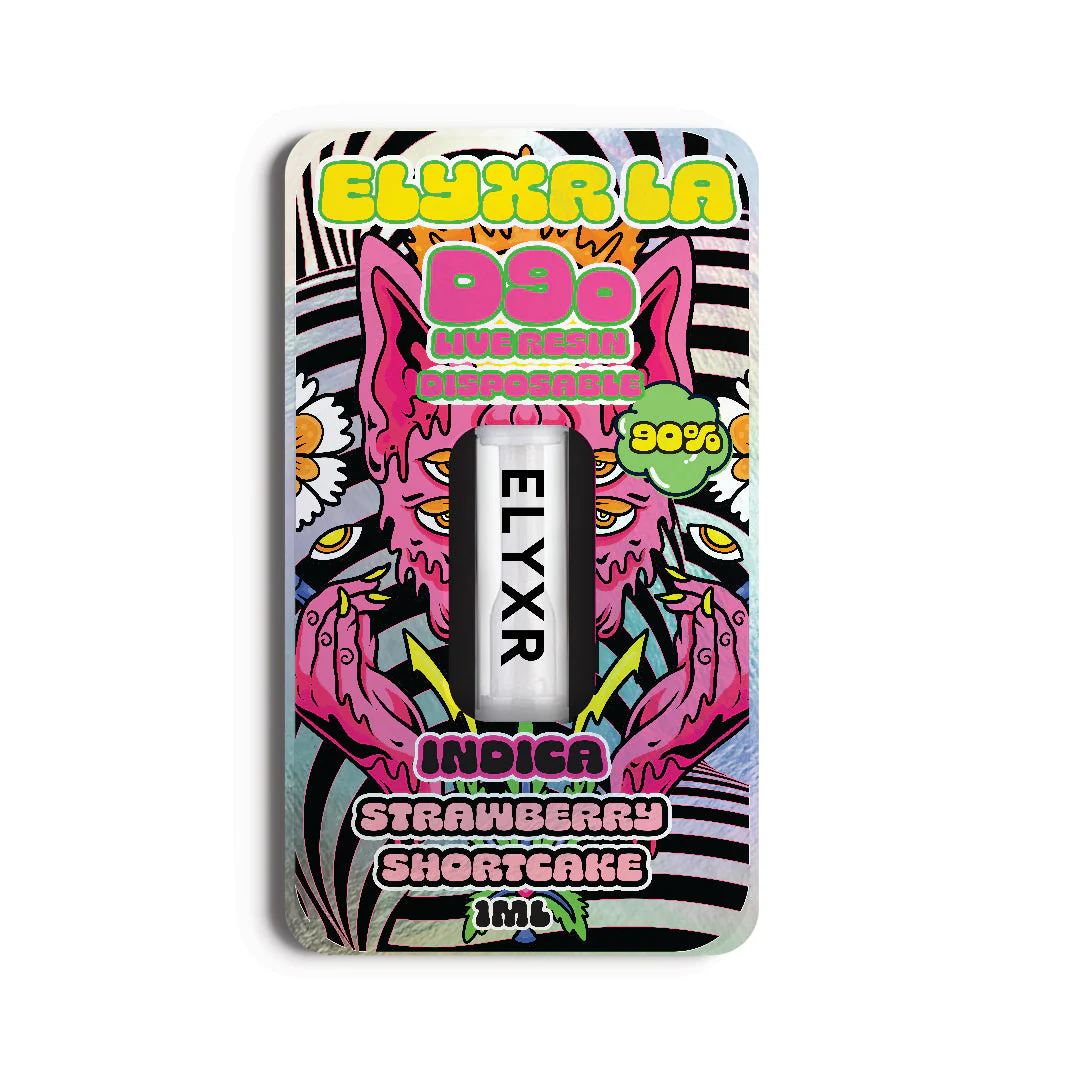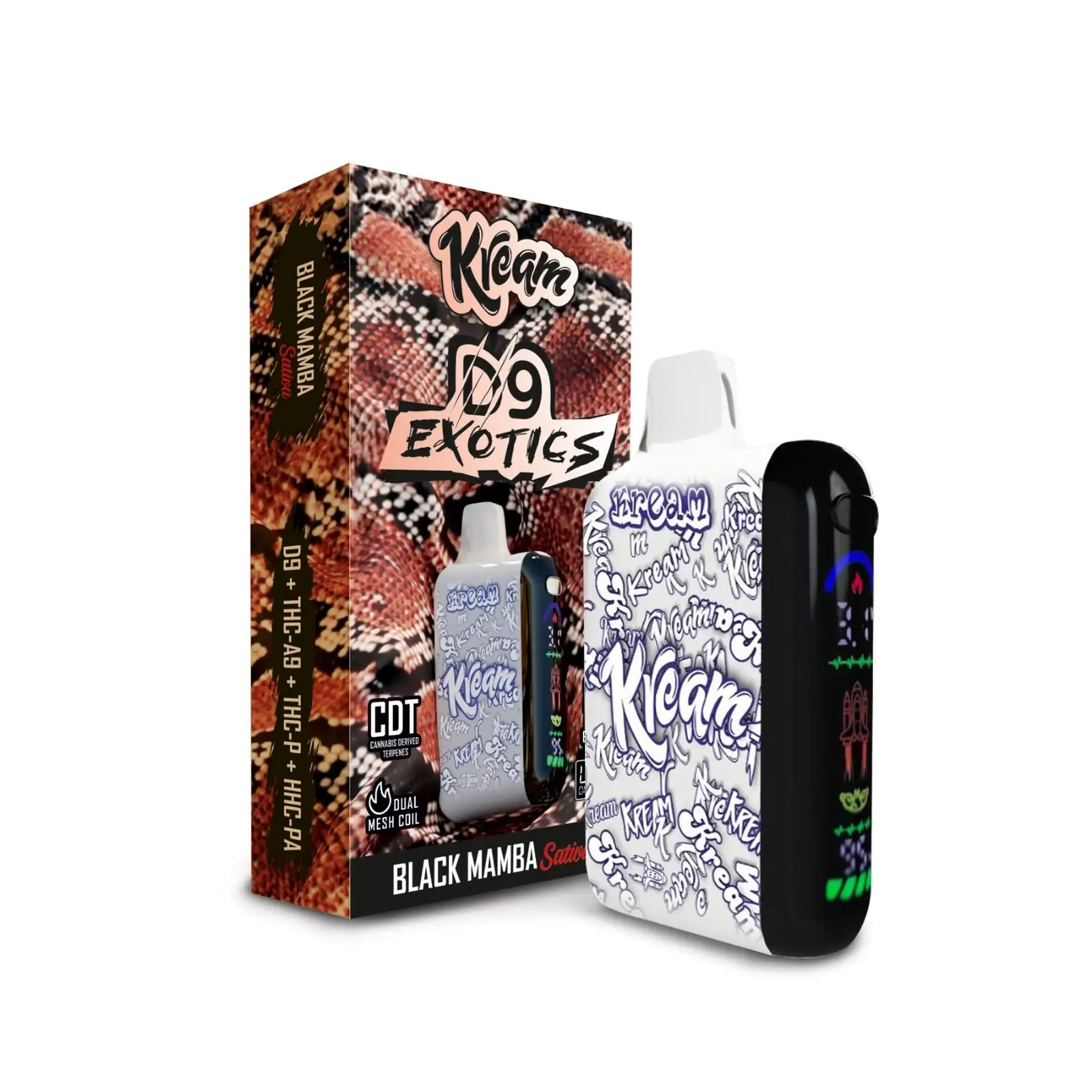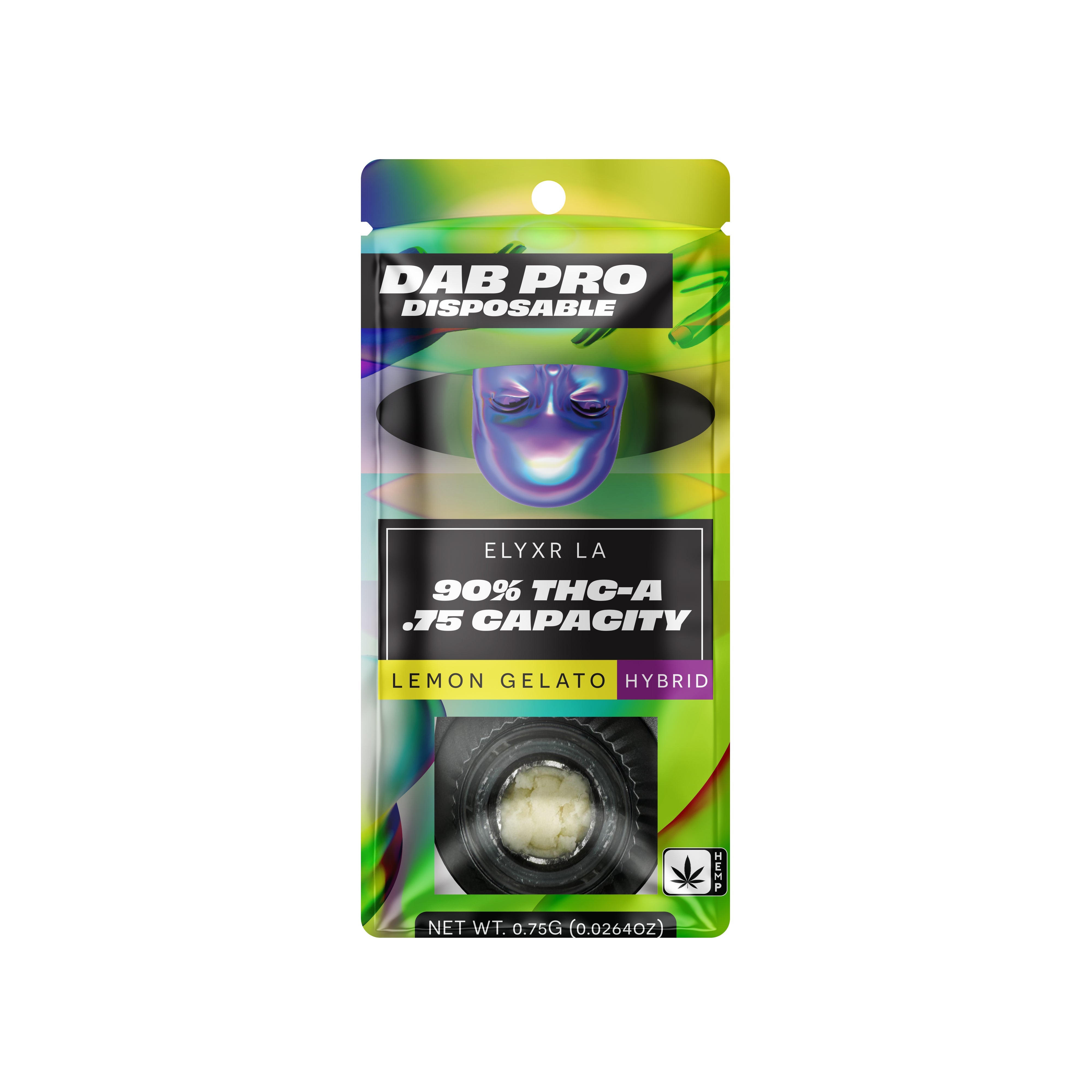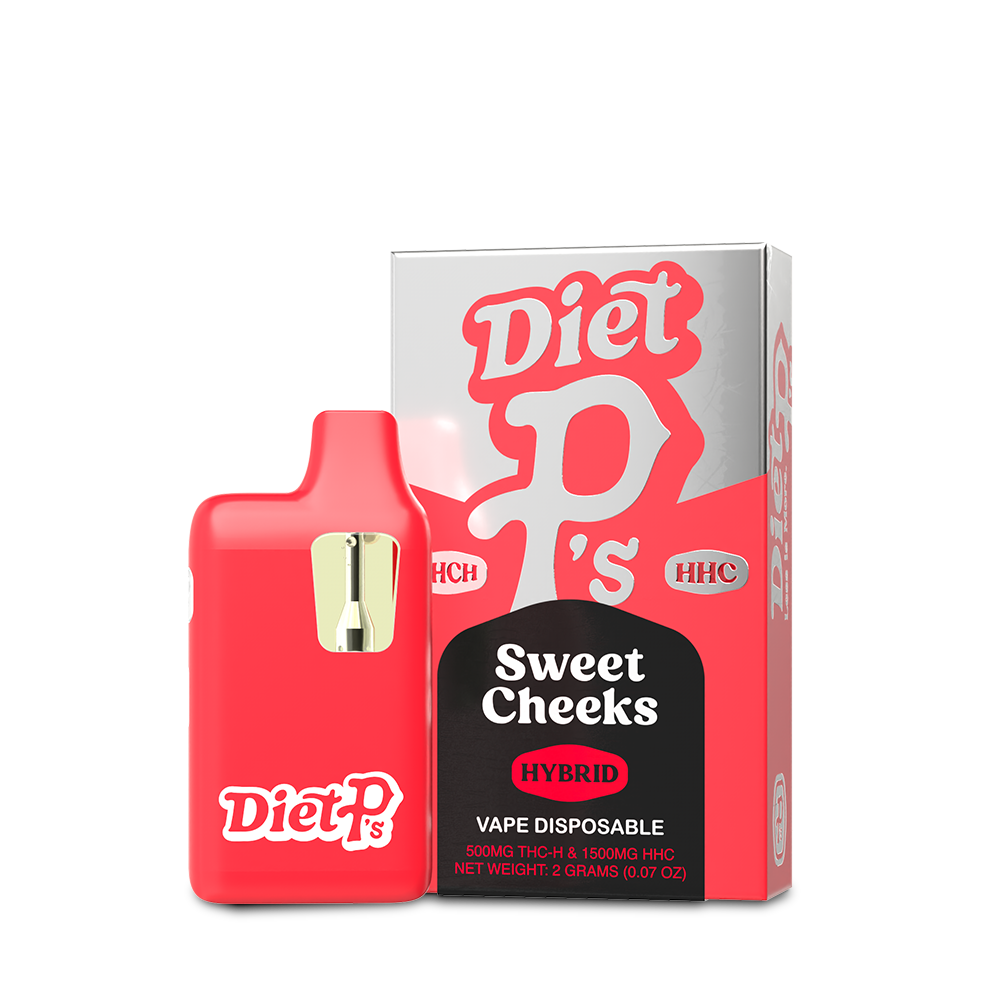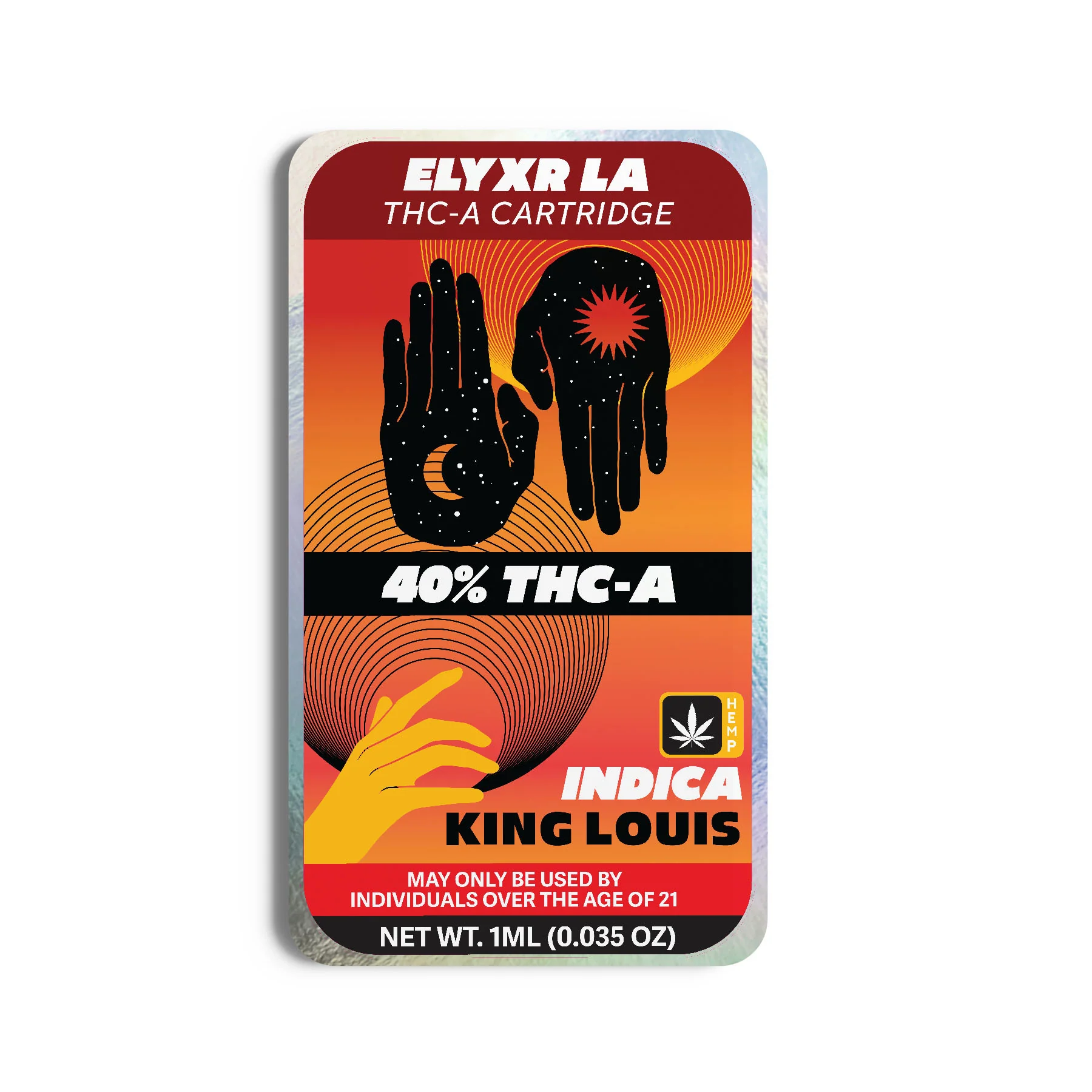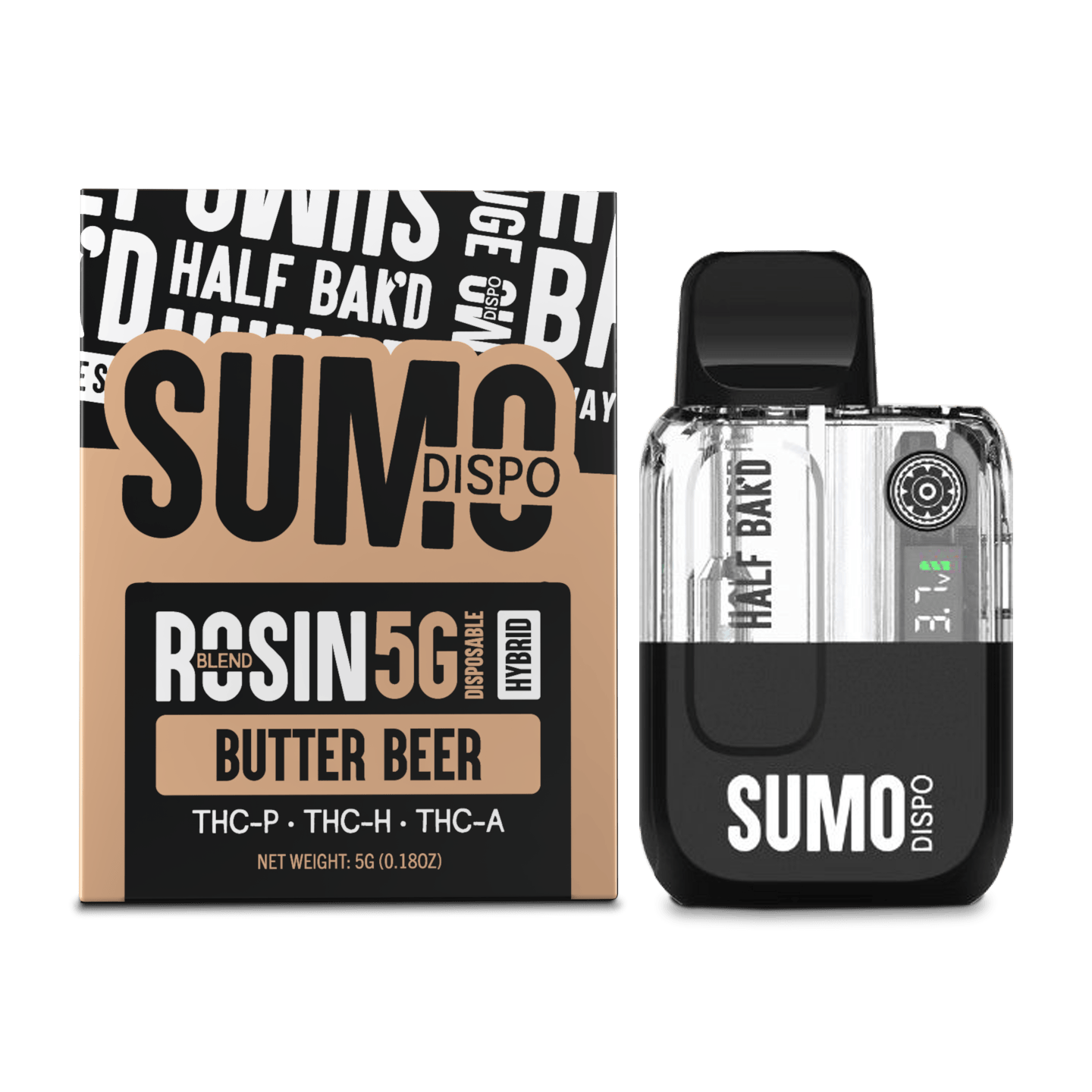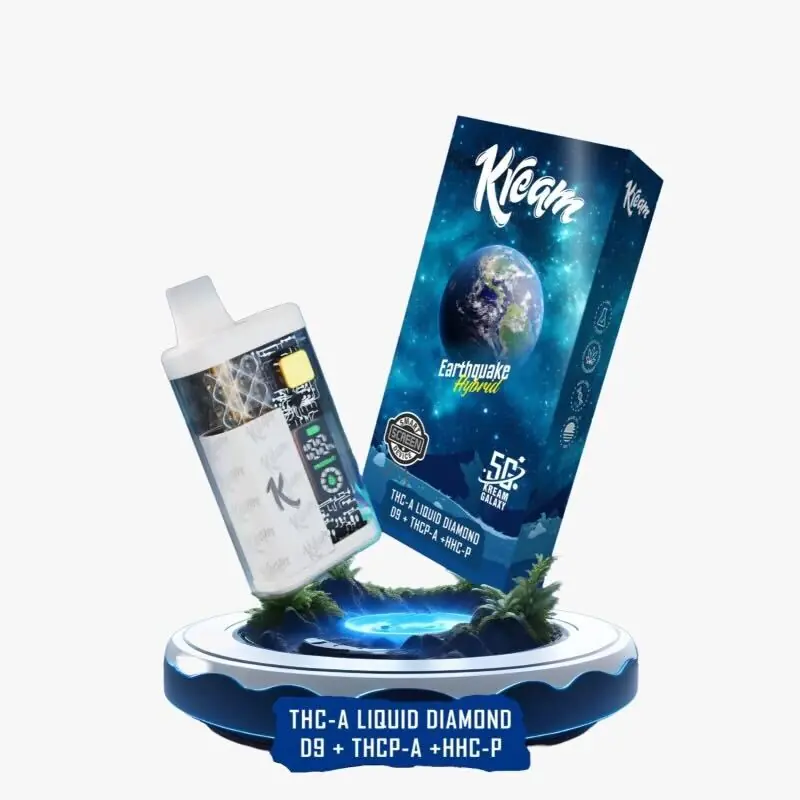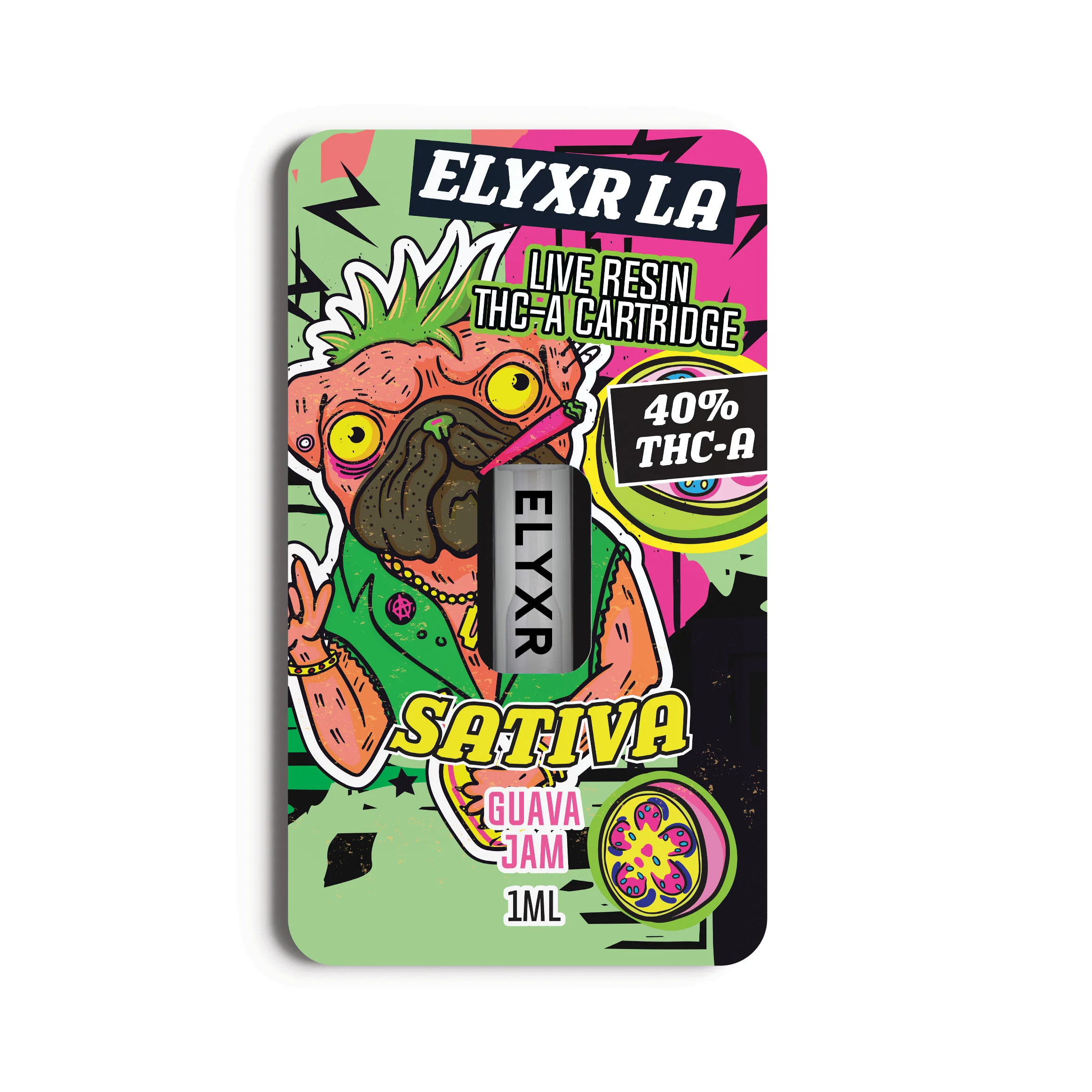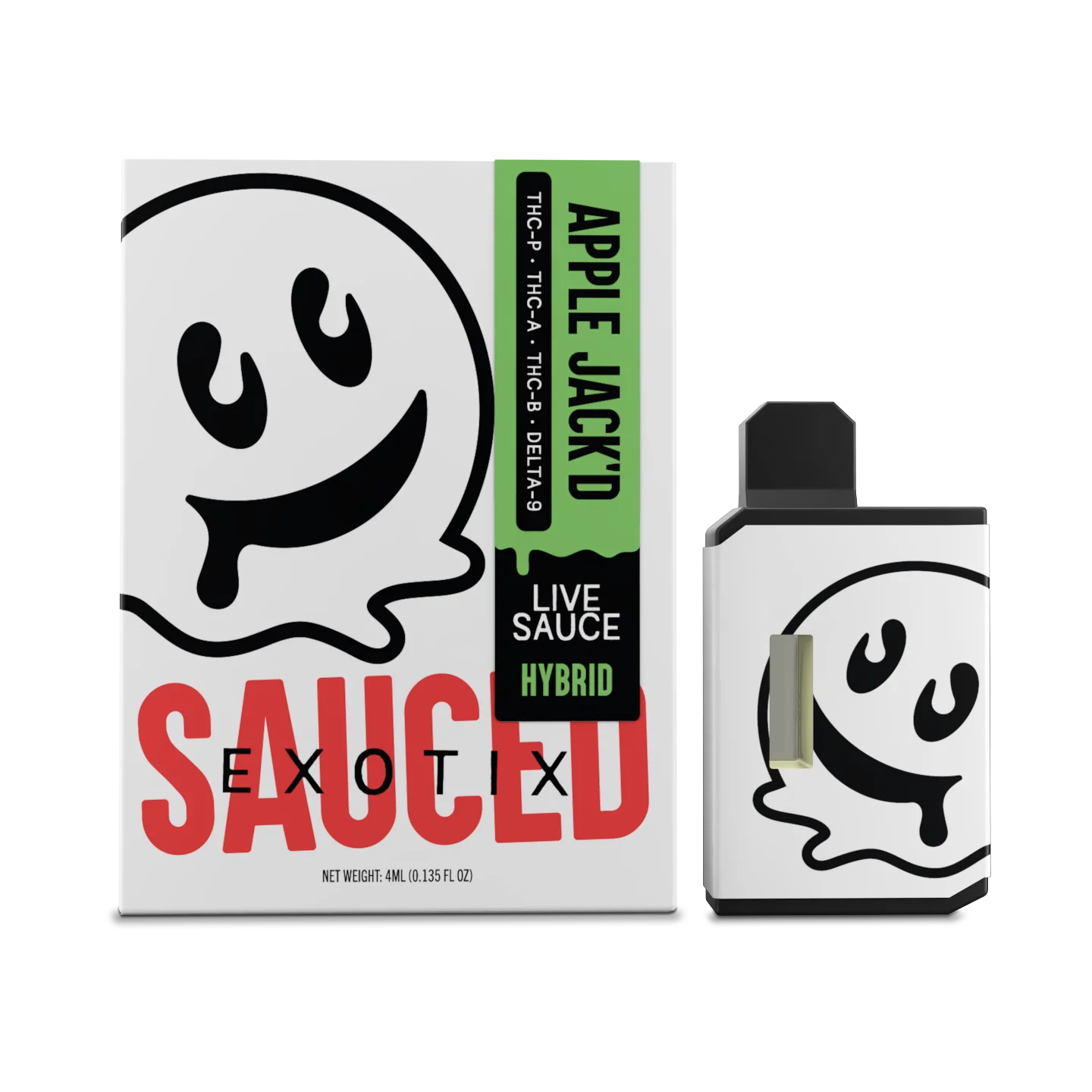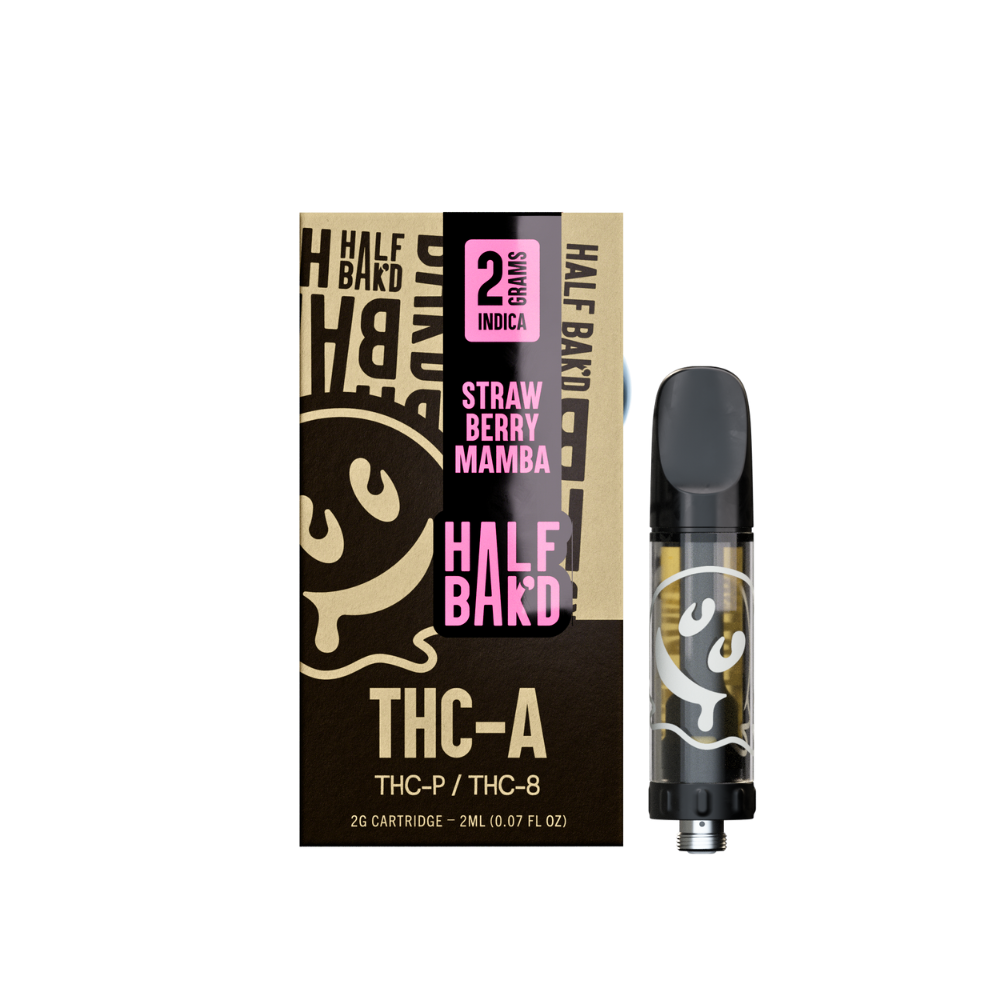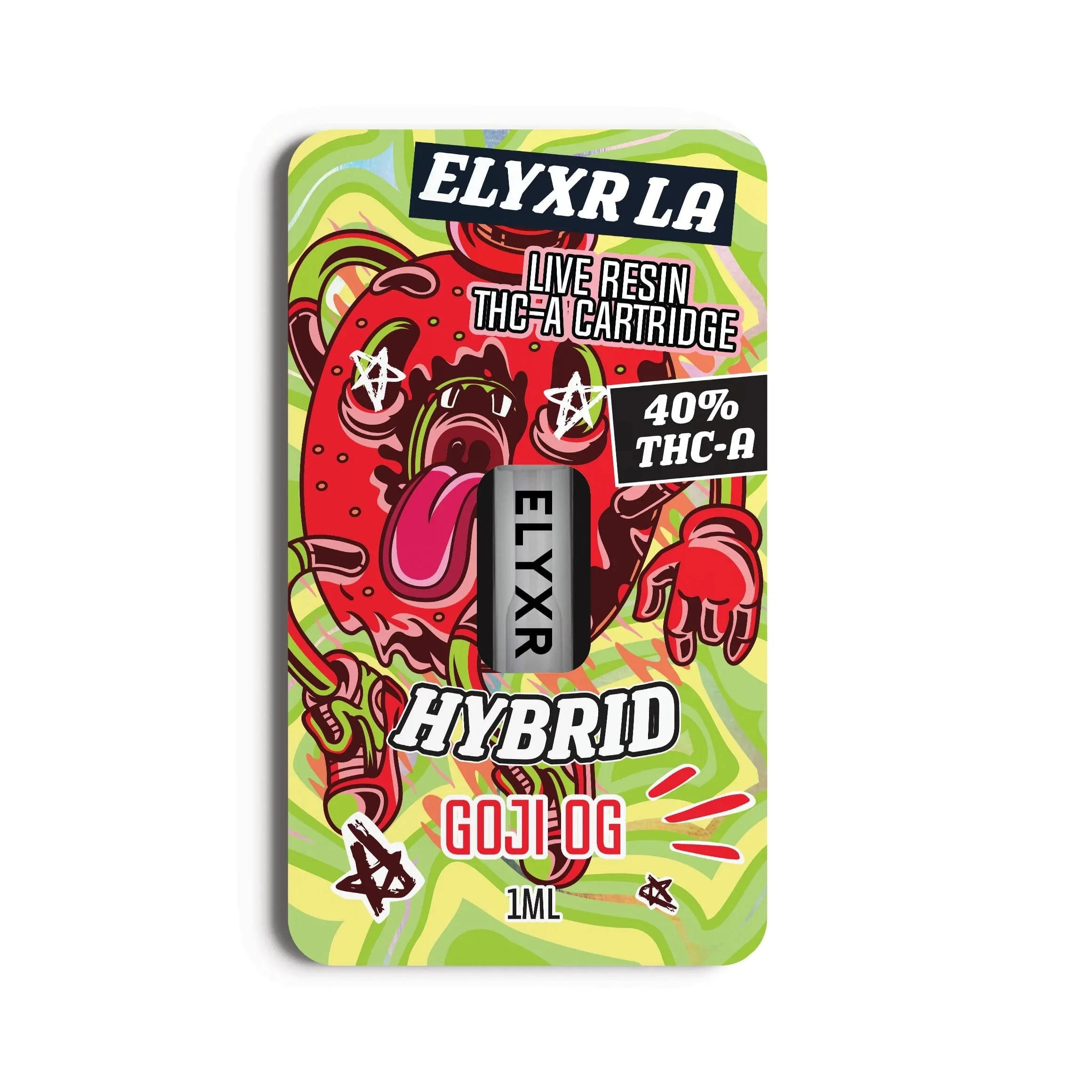Cannabis conversations have evolved far beyond just indica vs. sativa or CBD vs. THC. Today, the cannabinoid alphabet soup includes lesser-known compounds like Delta 8 vs Delta 9 THC—two molecules that are almost identical chemically, but very different in how they affect the mind and body.
With Delta-8 products popping up in smoke shops and online retailers, many consumers are curious about how it stacks up against its more famous cousin, Delta-9. Whether you’re seeking a smoother high, exploring legal loopholes, or simply trying to make sense of the cannabis compound craze, this blog is here to break down the Delta 8 vs Delta 9 debate with clarity and depth.
From adverse effects and safety to legality and cost, we’ll cover everything you need to know before choosing sides.
What is Delta 8 THC?
Delta-8 tetrahydrocannabinol, commonly known as Delta 8, is a naturally occurring minor cannabinoid found in cannabis plants. Though it shares a similar name and structure with Delta 9, the most well-known form of THC, Delta 8 is far less abundant. In fact, Delta 8 appears in cannabis in such small quantities that most commercial hemp-derived products are made by a chemical process that converts CBD derived from hemp.
Despite its low natural occurrence, Delta 8 is gaining attention for its subtle, functional high. Users often describe it as a “diet weed” or a smoother version of Delta 9. The psychoactive effects are present, but significantly milder, which makes it appealing to those who experience anxiety or paranoia with traditional THC. Popular product types include Delta 8 vape cartridges, edibles like gummies, and tinctures—all of which offer an approachable, laid-back experience without the intensity of Delta 9.
Additionally, Delta 8 may have therapeutic value. Some consumers use it for stress relief, focus, or managing mild pain without the couch-lock or foggy head that can come with stronger cannabis products. For those looking to dip their toes into THC without diving in headfirst, Delta 8 offers a unique middle ground.
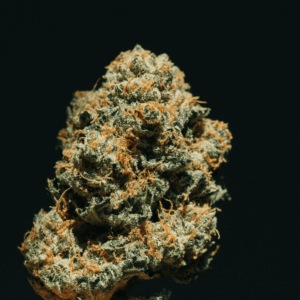
What is Delta 9 THC?
Delta-9 THC, or Delta-9 tetrahydrocannabinol, is the primary psychoactive component in cannabis. It’s the molecule most people associate with getting high. Delta 9 occurs naturally in significant amounts in marijuana and is responsible for the potent euphoria, altered perception, and sometimes overwhelming experiences that define traditional cannabis use.
Delta 9 interacts strongly with the body’s endocannabinoid system, particularly CB1 cannabinoid receptors in the brain, which leads to its powerful psychoactive effects. It’s the cannabinoid that launched a thousand joints, and for decades, it has been the benchmark for potency. Found in flower, concentrates, edibles, tinctures, and topicals, Delta 9 is the backbone of both the recreational and medical marijuana industries.
But Delta 9 isn’t just about getting high. It’s also a key player in many medical applications. It has been studied extensively for its ability to relieve chronic pain, reduce nausea, stimulate appetite (particularly in chemotherapy patients), and even aid in muscle spasticity associated with conditions like multiple sclerosis. When people talk about the therapeutic potential of cannabis, they’re often referring to Delta 9.
That said, Delta 9 isn’t for everyone. For some users, especially those with low THC tolerance or a predisposition to anxiety, the effects can be too intense. That’s where Delta 8 begins to look more attractive.
Chemical Structure: How Different Are They Really?
At a molecular level, Delta 8 and Delta 9 THC are almost twins. They share the same molecular formula: C21H30O2. The only structural difference is the location of a double bond on the carbon chain. In Delta 9, the double bond is on the ninth carbon atoms; in Delta 8, it’s on the eighth. It seems like a tiny change—and it is—but it significantly alters how each compound interacts with your body.
This minor variation affects how well each binds to CB1 receptors in the brain. Delta 9 has a stronger affinity for these receptors, which is why it produces a more intense psychoactive effect. Delta 8, on the other hand, binds more weakly, resulting in a high that’s often described as less overwhelming and more clear-headed. Despite their near-identical structures, this subtle distinction makes a world of difference in terms of how you feel after consumption.
From a chemical synthesis standpoint, this similarity also makes Delta 8 easy to produce from hemp-derived CBD, which has fueled its explosion in popularity, especially in states where Delta 9 remains illegal.
Effects: Delta 8 vs Delta 9 High
The most notable difference between Delta 8 and Delta 9 is the experience they produce. Delta 9 delivers a potent, often euphoric high that can include feelings of giddiness, creativity, couch-lock, and in some cases, anxiety or paranoia. It can dramatically alter perception, mood, and motor skills, making it a go-to for those seeking a more immersive or recreational experience.
Delta 8, by contrast, is the mellow cousin. Its effects are psychoactive but far more subtle. Users often report feeling relaxed, lightly euphoric, and clear-headed, without the intensity or mental fog associated with Delta 9. It’s a great option for daytime use, social situations, or for those who want to maintain some level of functionality.
Here’s a quick comparison:
- Delta 9 High: Intense, euphoric, possible paranoia, strong body and head high
- Delta 8 High: Milder, functional, calming, minimal anxiety, slight euphoria
Duration and onset times are also comparable. Both can kick in within minutes when inhaled, or up to 1-2 hours when ingested, with effects lasting several hours depending on dosage and delivery method. However, Delta 9 tends to linger longer and feel heavier, while Delta 8 wears off more gently.
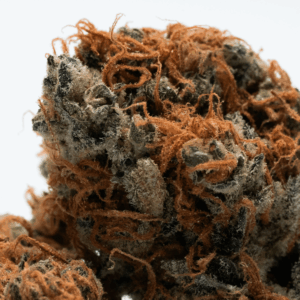
Medical Benefits & Therapeutic Uses
While both Delta 8 and Delta 9 have medical applications, the body of cannabis research supporting Delta 9 is far more extensive. Delta 9 is recognized for treating chronic pain, appetite loss, nausea, insomnia, and anxiety. It is often prescribed to patients undergoing chemotherapy or those with conditions like Crohn’s disease, PTSD, and multiple sclerosis. It can deliver powerful relief when used correctly, though side effects like paranoia can be a downside for sensitive users.
Delta 8’s therapeutic value is still being studied, but early findings and anecdotal evidence are promising. Users report relief from anxiety, stress, inflammation, and nausea. Some studies suggest Delta 8 THC may have antiemetic properties, especially helpful for chemotherapy patients. It may also serve as a neuroprotective agent, offering health benefits without the intense psychoactivity of Delta 9.
For patients looking to manage symptoms without the strong high of traditional cannabis, Delta 8 presents an appealing alternative. It’s also more accessible in non-legal cannabis states, which further broadens its therapeutic appeal.
Side Effects & Safety
No cannabinoid is without side effects, and Delta 8 and Delta 9 are no exception. With Delta 9, the most common issues include anxiety, dizziness, confusion, loss, paranoia, rapid heart rate, dry mouth, red eyes, and cognitive impairment. These effects are dose-dependent and more likely in inexperienced or sensitive users.
Delta 8 tends to have a better reputation for tolerability. Most users report minimal side effects, though dry mouth, mild drowsiness, and dizziness can still occur. However, because many Delta 8 products are synthesized from CBD through chemical conversion, safety becomes a matter of manufacturing practices. Poorly made Delta 8 can contain residual solvents or unknown byproducts that aren’t safe for consumption.
That’s why it’s critical to only purchase Delta 8 THC or Delta 9 THC products that are third-party lab tested. Look for a certificate of analysis (COA) that verifies cannabinoid content and checks for contaminants like pesticides, heavy metals, and residual solvents.
It’s also worth noting that neither Delta 8 nor Delta 9 should be used by pregnant or breastfeeding individuals, minors, or people with certain heart conditions without a doctor’s guidance. Even natural compounds have real physiological effects.
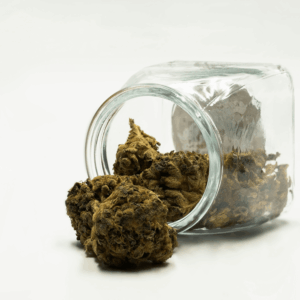
Legality: State and Federal Laws
Legality is one of the most significant distinctions between Delta 8 and Delta 9. Delta 9 THC is federally illegal in the United States, classified as a Schedule I controlled substance. However, it is legal for medical or recreational use in many individual states that have passed cannabis reform laws.
Delta 8 occupies a more ambiguous legal space. Thanks to the 2018 Farm Bill, hemp-derived cannabinoids became federally legal as long as they contain less than 0.3% Delta 9 THC. Since Delta 8 can be synthesized from legal hemp-derived CBD, it technically falls under the scope of this bill. However, the DEA and FDA have pushed back on this interpretation, suggesting that synthetically produced cannabinoids might not be protected.
Several states have taken action independently. As of this writing, Delta 8 is banned or restricted in over a dozen states including Alaska, Colorado, Montana, New York, and Vermont, among others. That means you may legally buy Delta 8 online and have it shipped to your doorstep in one state, while it could be a criminal offense in another.
Consumers should always check their local laws before purchasing Delta 8 or Delta 9 products. Legal status can change rapidly as regulatory bodies catch up with cannabinoid innovation.
Delta 8 vs Delta 9: Which One Shows Up on a Drug Test?
One of the most frequent questions people ask about Delta 8 is whether it will make them fail a drug test. Unfortunately, the answer is yes.
Most standard commercial drug tests aren’t designed to distinguish between different types of THC. Instead, they detect THC-COOH, a metabolite produced when your body processes any form of THC. Since Delta 8 and Delta 9 share similar structures and are metabolized in comparable ways, both will trigger a positive result.
The detection window can vary depending on how frequently you consume cannabis, the amount used, and the type of test. Urine tests can detect THC metabolites for days or even weeks after use, especially for regular consumers. If you’re subject to drug testing for work or legal reasons, it’s safest to avoid all THC products, regardless of type.
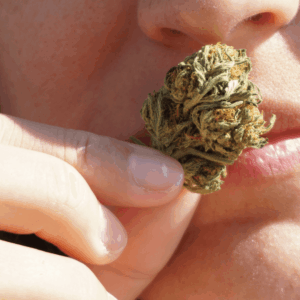
Product Availability & Cost
Delta 9 products are widely available in states with legal medical or recreational cannabis. Dispensaries offer an endless variety of flowers, pre-rolls, edibles, concentrates, and topicals featuring Delta 9 THC. However, in prohibition states, access to Delta 9 is non-existent unless obtained illegally.
Delta 8, by contrast, is more accessible in non-legal states thanks to its federal hemp loophole status. You can find Delta 8 products in gas stations, smoke shops, and online retailers. That said, quality can vary drastically.
Cost-wise, Delta 8 is often cheaper than Delta 9, largely because it’s derived from federally legal hemp and doesn’t require the same state-level regulatory fees from the cannabis regulatory agency. However, as demand grows and more companies enter the market, premium Delta 8 brands with clean, well-tested products are narrowing the price gap.
Which One Should You Choose?
Choosing between Delta 8 and Delta 9 comes down to your goals, tolerance, and legal landscape. If you’re looking for a potent high, are in a legal state, and are comfortable with stronger psychoactive effects, Delta 9 is the go-to. It’s backed by decades of more research and offers robust recreational and medical benefits.
If you’re newer to medical cannabis, want something more functional for daily use, or live in a state where marijuana is illegal, Delta 8 is a solid alternative. It provides many of the therapeutic benefits of THC with fewer of the drawbacks, especially when it comes to anxiety or cognitive fog.
Ask yourself:
- Do I want a light or intense high?
- Is legality an issue in my state?
- Am I sensitive to THC or prone to anxiety?
- Do I need THC for medical reasons or just casual use?
Answering these questions can help you decide which cannabinoid suits your needs best.
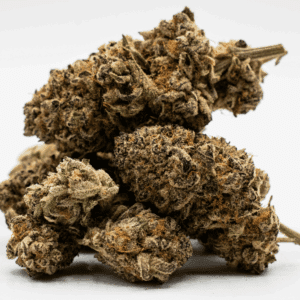
Final Thoughts
Delta 8 and Delta 9 may be chemical cousins, but their effects, legality, and applications make them distinctly different experiences. Whether you’re chasing euphoria, seeking symptom relief, or just looking to relax without the intense high, understanding the nuances of Delta 8 vs Delta 9 can help you make an informed choice.
Always buy from reputable sources, read lab reports, and be aware of your state’s cannabis laws. And most importantly, listen to your body. Cannabis isn’t a one-size-fits-all experience, and the best cannabinoid for you depends entirely on your personal preferences and physiology.
In a market flooded with options, knowledge is power—and now you’re equipped to make the right call.
Delta 8 vs Delta 9 THC: Frequently Asked Questions
1. Which is better for anxiety, Delta-8 or 9?
Delta-8 is generally considered the better option for anxiety. Its effects are milder, more relaxing, and less likely to trigger racing thoughts or paranoia—common side effects associated with higher doses of Delta-9 THC. While Delta-9 can also ease anxiety in small doses for some users, it’s much more likely to worsen it in others, especially those with low THC tolerance or a sensitivity to strong psychoactive effects. For a calmer, more manageable experience, Delta-8 tends to be the safer bet.
2. Is Delta-8 or 9 better for body high?
Delta-9 usually delivers a stronger and more noticeable body high. It’s known for its full-spectrum effects that hit both mind and body, often resulting in couch-lock, deep relaxation, and physical euphoria. Delta-8 does offer a mild body high, but it’s generally lighter and less sedating. If you’re after full-body effects—especially for pain relief or sleep—Delta-9 is more potent. For those who want a gentler physical buzz without being completely zonked out, Delta-8 is a great choice.
3. Does Delta-8 show up on drug tests?
Yes, Delta-8 THC can and likely will show up on a drug test. Standard drug tests aren’t designed to differentiate between Delta-8 and Delta-9 THC because both are metabolized into similar compounds, specifically THC-COOH. Whether it’s Delta-8 from hemp or Delta-9 from marijuana, your body processes them in similar ways, and both can trigger a positive result on a typical urine test. If you’re subject to testing, it’s best to avoid both forms of THC.
4. Why is Delta-8 legal?
Delta-8 exists in a legal gray area. Thanks to the 2018 Farm Bill (agriculture improvement act), hemp-derived cannabinoids became federally legal in the U.S. as long as the final product contains less than 0.3% Delta-9 THC by dry weight. Because Delta-8 is typically synthesized from hemp-derived CBD, it’s technically legal under this legislation—at least at the federal level. However, many states have moved to ban or restrict Delta-8 due to safety concerns and lack of regulation, so its legality ultimately depends on where you live.




